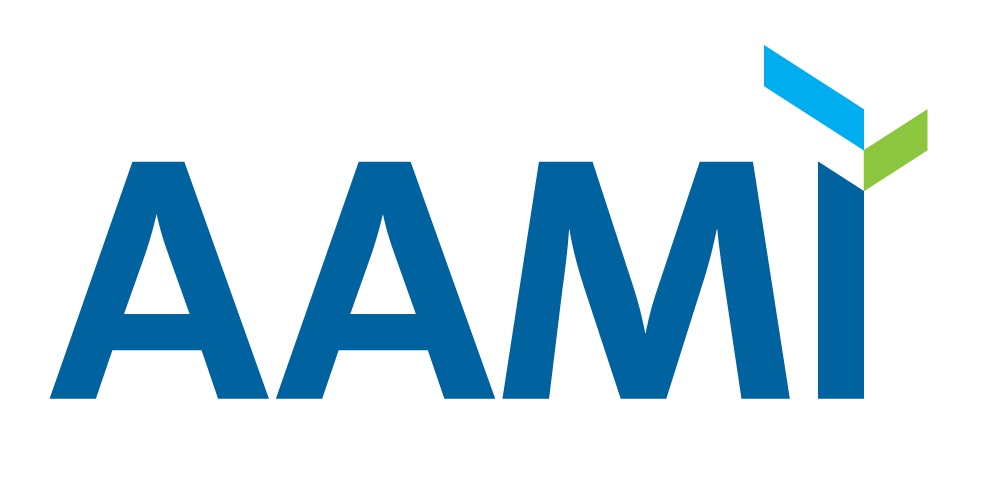UNSC/IEC TAGs - Appeals
Directly and materially affected U.S. National Interested Parties who believe they have been or will be adversely affected by a substantive procedural action or inaction of the USNC TAG or its Secretary shall have the right to appeal.
12.1 Complaint
The appellant shall file a written complaint with the USNC TAG Secretary, copying the TA, within thirty days after the date of action or at any time with respect to omissions. The complaint shall state the nature of the objections(s) including any adverse effects, the section(s) of these procedures of the specific actions or omissions that are at issue, and the specific remedial action(s) that would satisfy the appellant’s concerns. Previous efforts to resolve the objection(s) and the outcome of each shall be noted.
12.2 Response
Within thirty days after receipt of the complaint, the USNC TAG Secretary shall reply in writing to the appellant, specifically addressing each allegation of fact in the complaint to the extent of the respondent’s knowledge.
12.3 Hearing
If the appellant is not satisfied with the response of the USNC TAG Secretary, they shall so inform the TA/USNC TAG Administrator within 10 working days. The TA/USNC TAG Secretary shall schedule a hearing with an Appeals Panel on a date agreeable to all participants, giving at least ten working days’ notice.
12.4 Appeals Panel
The Appeals Panel shall be appointed by the TA or the USNC TAG Secretary, and shall consist of three individuals who have not been directly involved in the matter in dispute, and who will not be materially or directly affected by any decision made or to be made in the dispute. At least two members shall be acceptable to the appellant and at least two shall be acceptable to the respondent.
12.5 Conduct of the Hearing
The appellant has the burden of demonstrating adverse effects, improper actions, or omissions and the efficacy of the requested remedial action. The respondent has the burden of demonstrating that the USNC TAG, the TA, and the USNC TAG Secretary took all actions in compliance with these procedures and that the requested remedial action would be ineffective or detrimental. Each party may adduce other pertinent arguments, and members of the Appeals Panel may address questions to individuals. Robert’s Rules of Order Newly Revised shall apply to questions of parliamentary procedure not covered herein for the hearing.
12.6 Decision
The Appeals Panel shall render its decision in writing within thirty days, stating findings of fact and conclusions, with related reasons, based on a preponderance of the evidence. Consideration may be given to the following positions, among others, in formulating the decision:
a) Finding for the appellant and remanding the action to the TA, USNC TAG, or the USNC TAG Secretary with a specific statement of the issues and facts in regard to which fair and equitable action was not taken
b) Finding for the respondent with a specific statement of the facts that demonstrate fair and equitable treatment of the appellant and the appellant’s objections
c) Finding that new, substantive evidence has been introduced and remanding the entire action to the TA, USNC TAG or the USNC TAG Secretary for appropriate reconsideration
12.7 Further Appeal
If the appellant gives notice that further appeal to the USNC TMC in intended, a full record of the complaint, response, hearing, and decision shall be submitted by the TA or USNC TAG Secretary to the USNC Office. The ruling of the USNC TMC may be appealed to the USNC Council. USNC Council is to review and provide a decision on the appeal. Subsequent to the USNC Council ruling, a final appeal is possible, if appropriate, to the standing ANSI Appeals Board.
12.8 Informal Settlement
The USNC encourages settlement of disputes at any time if the settlement is consistent with the objectives of the USNC Procedures. Any settlement to which the parties agree in writing that is consistent with these procedures, or an agreement to withdraw the appeal, will terminate the appeal process.
12.9 Appeal of USNC TAG Administrator Imposed Fees
a. In the case of the failure of a USNC TAG to resolve an issue regarding USNC TAG Administrator imposed fees, an appeal of the USNC TAG decision to the TMC is the initial step in the appeals process (affected existing or prospective TAG members submits appeal).
1. USNC Office requests that the USNC TAG Administrator submit to the USNC Office a written response to the allegations included in the complaint along with evidence of attempted resolution. The response should include an explanation, supported by relevant documentary evidence, of why the fees at issue do not constitute an undue financial barrier to participation, and if a fee waiver or reduction was requested, a brief explanation of how it was considered and the reason for its denial. A TMC appeal Ad Hoc, consisting of not less than 3 nor more than 5 TMC members, is established by the TMC to review the complaint and response. Membership may not include individuals who are part of the appellant, the affected USNC TAG or the affected USNC TAG Administrator staff.
2. Within 1 month of the appeal submittal, the TMC Appeal Ad Hoc provides a proposed decision to the TMC for ratification.
b. If the resulting decision of the TMC is appealed, then the USNC Council is the next to review the issue. i. A USNC Council Appeal Ad Hoc, consisting of not less than 3 nor more than 5 Council members, is established to review the TMC decision and the fee justification documentation. Membership may not include individuals who are part of the appellant, the affected USNC TAG, or the affected USNC TAG Administrator staff.
ii. Within 1 month of the request for Council appeal review, the USNC Council Appeal Ad Hoc provides a proposed decision to the USNC Council for ratification.
c. If the decision of the USNC Council is appealed, the ANSI Appeals Board is next and last to review the issue.
